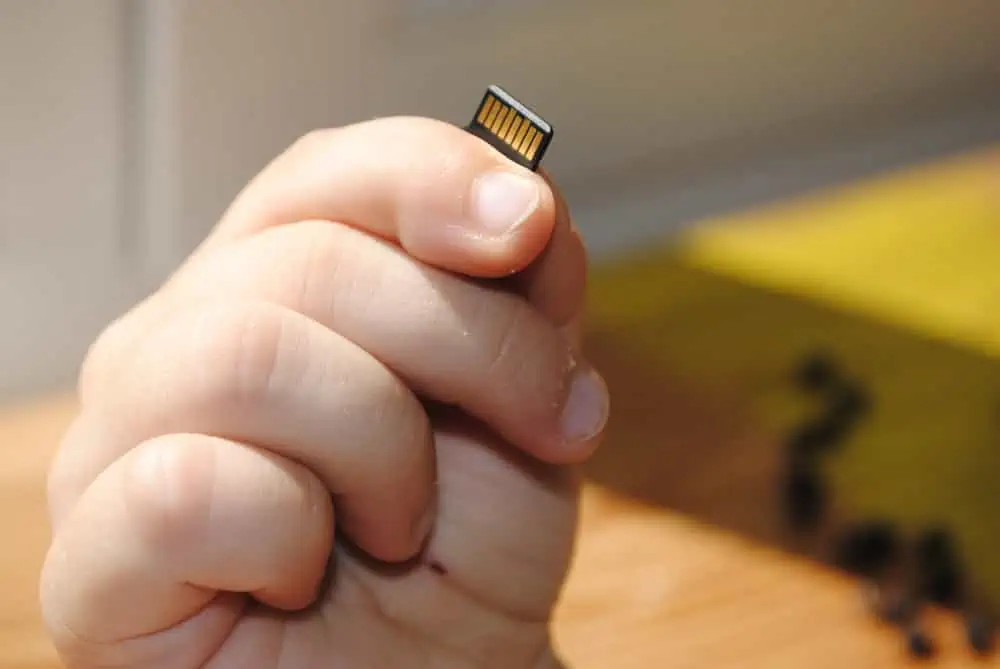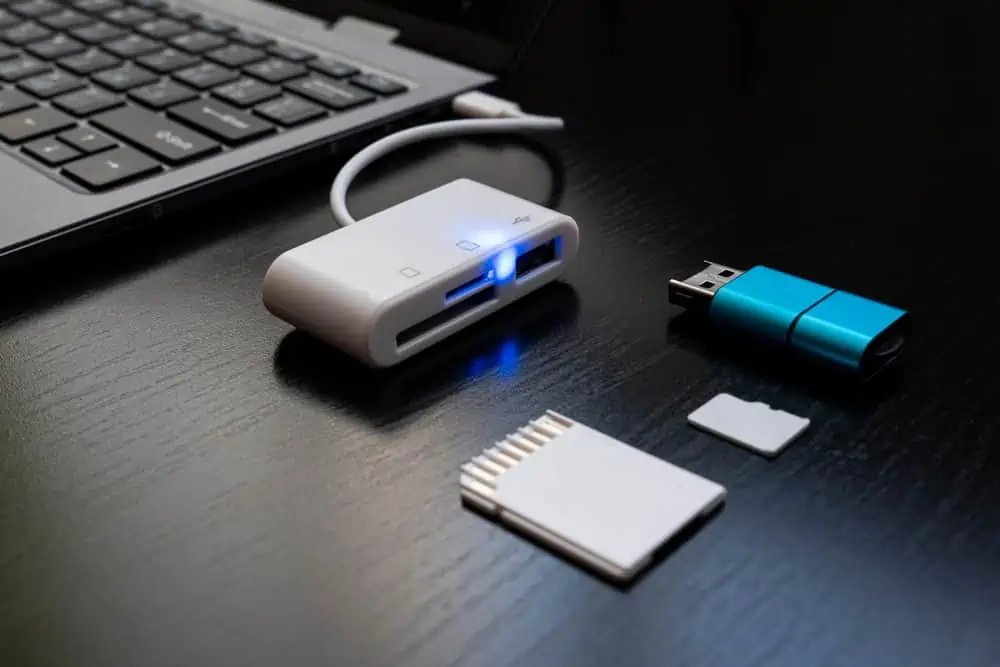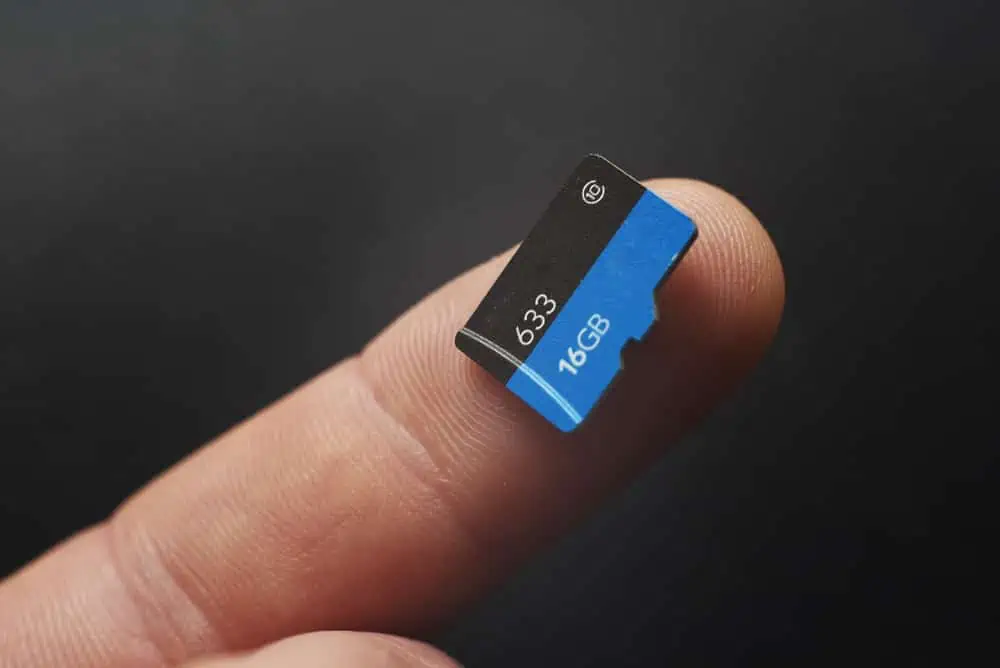Have you ever wondered why people opt for devices with a Solid State Drive (SSD)? To help you with the answer to that and more, this article teaches you all you need to know about SSD.
Overview
A Solid State Drive is a drive built on NAND flash memory chips and a flash controller.
NAND memories are used to store the data of the SSD and they are also non-volatile memories. Non-volatile memories are types of memories that do not require any external power to retain their data.
The flash controller part of the SSD is an electronic interface that interacts with the computer (the housing device).
These data include the system OS (operating system), programs, and all the computer’s files like multimedia and documents. That aside, compared to the standard HDD (Hard Disk Drive), the SSD has no moving part.
As the SSD has no mechanical part, it has more resistance to shock and vibration. Hence, it does not crash, unlike the HDD that crashes as a result of its mechanical part movements.
How Does SSD Work?
A Solid State Drive is built on NAND flash memory chips and a flash controller.
The flash controller part of the SSD is the part that communicates with the computer (host device). On the other hand, NAND flash memory chips of the SSD store data.
Besides, NAND memory chips are capable of retaining such data even when the power source is removed. The SSDs are mechanical shock resistant, durable, and can withstand high pressure and temperature.
The reason is that they have no moving parts, unlike the HDDs that have moving parts like motors and spindles. Furthermore, the NAND flash memory of an SSD offers fast read access time which helps it to process lots of data.
For this reason, SSDs are considered to offer the fastest processing speed than the traditional hard disk drives. Moreover, since SSDs have no moving parts unlike HDDs, they are ideal for devices that vibrate and shake.
Hence, if your device mistakingly falls, no harm will come to SSD. This on the other hand eliminates drive clashing usually encountered with HDDs.
Features of SSD
The previous sections of this article have provided us with an overview of SSD and how the technology works.
In this section, I will be detailing some of the commonest features of an SSD in the follow-up sub-sections.
Improved Computer Boot-Time
Since SSDs are much faster than the traditional HDDs, when you install your Operating System on them, your OS boots faster. According to research by howstuffworks.com, a Windows 7 PC booted in 22 seconds on SSD.
However, on HDD, boot time doubled (40 seconds!). In practice, it is advisable to install your Operating System on a solid-state drive and store your data on a traditional HDD.
The reason most users may not be able to use SSD for both OS and data is because of the cost – HDDs are considerably cheapy than SSDs of the same size.
No More Hard Disk Crashes
Another benefit of a solid-state drive is that, unlike the traditional HDD, it does not crash. This is because unlike, HDD, they do not have moving/mechanical parts that can fail.
For the same reason, SSDs are much more resistant to dropping shock. If you mistakenly dropped a laptop with SSD, unlike a laptop with an HDD, it will not crash.
A drop may lead to other problems – so avoid it.
Improved File Opening and Gaming Speed
If you are a gamer, you need to be using a solid-state drive for your OS. A test performed by Avast.com, confirms that gaming loading time was reduced by 108s when the computer used an SSD compared to an HDD.
As previously stated, a solid-state drive offers a considerable improvement in file opening times. As I stated earlier in a test (carried out by howstuffworks.com), excel opening time was reduced by 10 seconds from an SSD Windows 7 PC.
Reduced Noise, Vibration, and Power Consumption
Another benefit of a solid-state drive is that it is not noisy. This is because, unlike their HDD counterpart, SSDs have no moving parts.
The moving parts in HDDs mean that they make noise due to their spinning parts. However, an SSD comprises electronic chips – these do not move, therefore, it does not make any noise.
Moreover, compared to HDDs, SSDs consume less power and generate less heat. The reason for this is that SSDs do not cause any vibrations.
Furthermore, less power consumption means more battery life for your laptops.
No Need to Defragment
It is adversable NOT to defragment SSDs. Defragmentation is generally harmful to a Solid State Drive because it wears it out.
Instead, SSDs use a process called “garbage collection” to replace the need for defragmentation.
Knowing the pros and cons of a Solid State Drive (SSD) will make you understand why you need to opt for a device with SSDs.
In the below sub-sections, I will briefly be explaining some of the pros and cons of an SSD.
Pros of Solid State Drive (SSD)
Ultra-fast speed
This is undoubtedly the main advantage of a Solid State Drive. Compared to other storage drives like HDD and eMMC, the SSDs have the fastest boot-time speed and file transfer speed (both opening and saving speed).
For instance, as I previously stated in a test (carried out by howstuffworks.com), excel opening time was reduced by 10 seconds from an SSD Windows 7 PC.
Devices That Use Solid State Drive Cannot Crash
Unlike a Hard Disk Drive that crashes as a result of its mechanical parts that can fail, an SSD does not crash.
Hence, if you mistakingly drop a device with an SSD, it will not crash as the SSD is more resistant to shock, unlike a device with HDD.
Improved Noise Reduction and Generate Less Heat.
Since SSD does not have any mechanical parts, it generates less heat. Hence, its (SSD) durability and lifespan are greatly increased.
Also, SSD requires no fan for its cooling. As a result of this, noise emanating from a fan is totally eliminated.
Less Power Consumption
Solid State Drive consumes less power compared to the HDD. The reason for this is that SSD does not have any moving parts like a motor.
Hence, an increase in the housing device battery life.
Occupies Lesser Space Due to Their Small Size and Weight.
An SSD is very much smaller than an HDD. This is because it does not have any moving parts.
Due to this reason, many portable devices opt to use SSDs instead of HDDs.
Furthermore, since there are no moving parts in the SSD, it requires fewer components for its configurations, unlike the HDD which uses motors and actuators. Hence, SSD weighs far less than HDD.
In fact, a Solid State Drive should weigh about one-seventh the weight of a hard disk drive
Cons Of Solid State Drive (SSD)
Expensive
Obviously, measuring the cost per gigabyte of capacity, a Solid State Drive is more expensive than a hard disk drive. To be specific, an SSD should cost twice as much as an HDD of the same capacity.
Hence, devices that have SSD storage tend to be more expensive than the ones with HDD storage.
Impossible to Recover Lost Files
If a file in a Solid State Drive is mistakingly deleted, recovering it won’t be possible. This may lead to great problems, especially if there is no better backup plan set aside for your information.
Limited Storage Size
Due to how expensive SSD storage is, SSDs don’t offer enough storage space compared to HDD. This is because the higher the gigabyte of an SSD, the more expensive it becomes.
Hence, SSDs come in lesser sizes than HDDs to make them more affordable.
SSDs Do Not Last Long
Since clearing and overwriting data on an SSD is limited, at any point time this process is completed, the Solid State drive cells are damaged Hence, SSD does not last as long as the host device.
Although most transistors are said to have a lifespan of 25-50 years (theoretically), this is not the case when they are used in a Solid State Drive, as can only manage to last up to 3-5 years
Conclusion
A Solid State Drive (SSD) is very small and lightweight. Due to this reason, most mobile device manufacturers opt to use it to make their devices more portable.
Also, SSDs are very fast in performance. In fact, compared to other storage drives available, SSD is the fastest.
However, SSDs are very expensive. To be precise, comparing the prices of SSDs and HDDs, SSDs should be twice or even, in some cases, triple the price of HDDs.
Nonetheless, if you want your device like a laptop to be very fast in performance, I advise you to opt for laptops with SSD storage.
I hope I was able to explain Solid State Drive (SSD) and how it compares to other types of storage. I also hope that you found the article easy to understand and helpful.
If you did, click on “Yes” beside the “Was this page helpful” question below. You may also express your thoughts and opinions by using the “Leave a Comment” form at the bottom of this page.
Finally, you may find other helpful articles on our Storage & Disk Technology Explained page.




SSDs or solid-state drives are slowly replacing mechanical hard disk drives in laptop and desktop computers for several reasons. SSDs are pricier than the traditional HDD. But the higher price does come with a valid reason: SSDs offer significantly better performance than traditional hard disk drives. Also, SSDs do not have moving parts, because of this, they are more durable against impact, shocks, vibrations, etc.